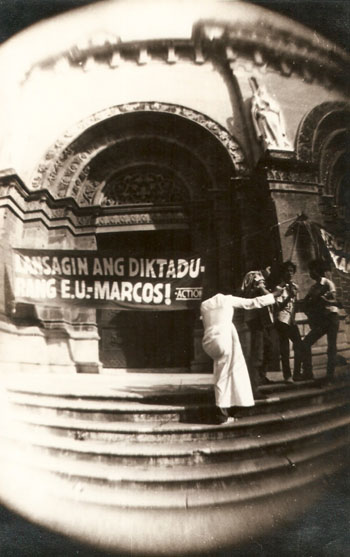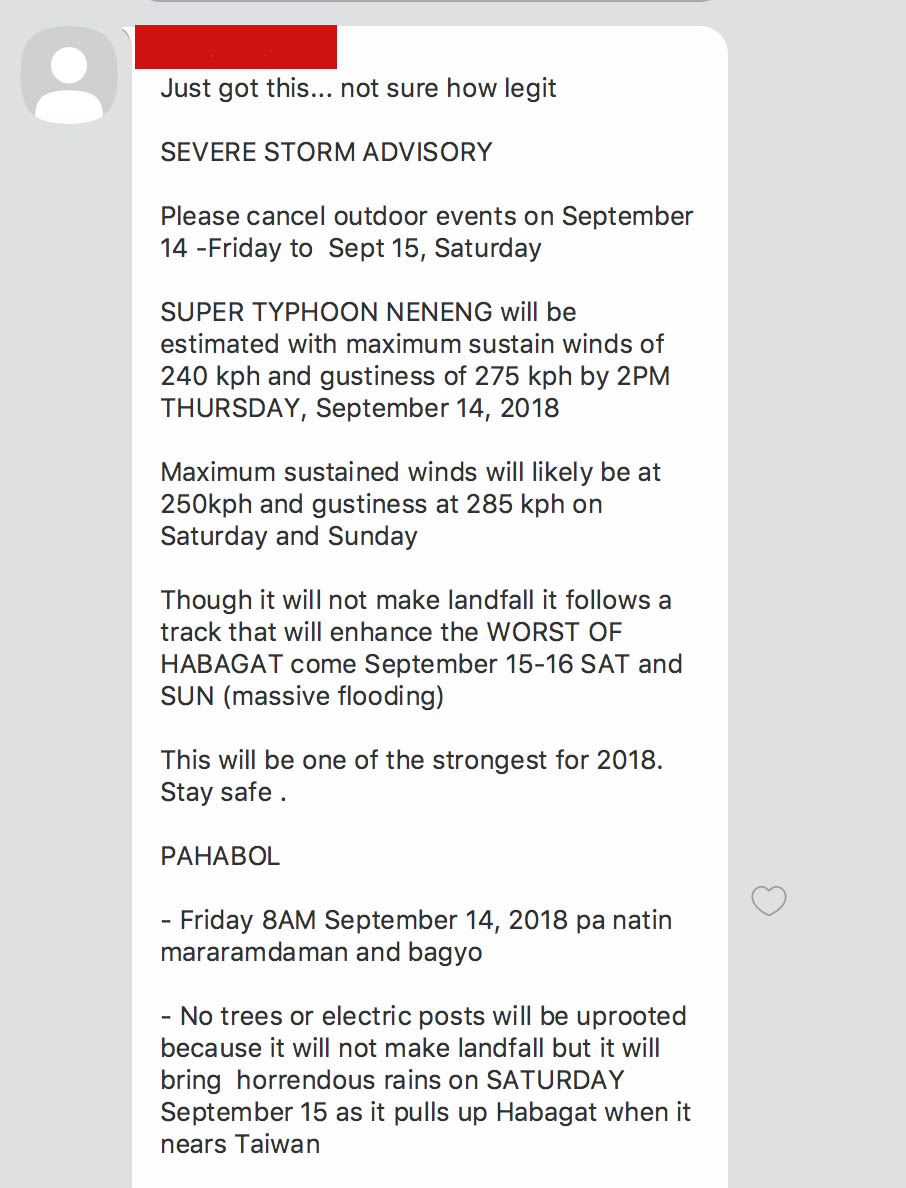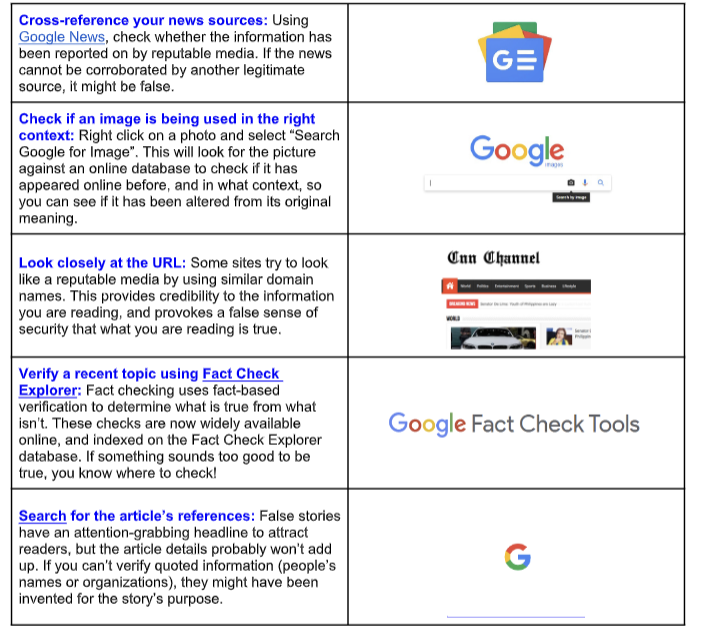Fighting negative historical revisionism
September 23 marks the real anniversary of Martial Law, while September 21 is the fake one. John Nery mentioned in his column that “the Marcos dictatorship was built on a structure of falsehoods.” Former president Ferdinand Marcos chose September 21 to remember the day Proclamation 1081 took effect for numerology purposes: 21 was a multiple of 7, his favorite number.
The falsehoods started with his fake persona — a bemedalled hero of World War 2, then his fake legal record — the highest grade in the Philippine Bar. Marcos even constructed a fake rationale for the imposition of martial rule: the communist scare.
Today, disinformation continues through negative historical revisionism. I agree with Nery that “to fight the Marcos family’s continuing, highly organized, well-funded campaign to deny history, we would all need to push back against every lie — starting with the fake anniversary that is September 21.”
Two events I attended focused on how to combat the disinformation of Martial law. Balik Ka/Saysay/an, a five-day digital conference held from Sept. 21 to 25, 2020, focused on the practice of negative historical revisionism in the Philippines. Organized by the Asian Center for Journalism at Ateneo and the Consortium on Democracy and Disinformation in partnership with Tanggol Kasaysayan, the conference explored the complex machineries of negative historical revisionism through the lens of disinformation, how it is used in various agenda such as politics and education, and its dire and long-term effects on the public. The second event was the First Martial Law Wikipedia Edit-a-thon held from Sept. 21 to 23, 2020 with the help of the Human Rights Violations Victims’ Memorial Commission and the Bantayog ng mga Bayani Foundation.
One panel from the Balik Ka/Saysay/an stood out.

“Marcos in the Digital Space,” a research by Cheryll Ruth Soriano and Fatima Gaw, looked at how YouTube (and emerging alternative political influence networks) plays out in the construction of political and historical narratives and discourses around Marcos. The focus of the study was on the keywords “Marcos history,” which generated sharp increases in search engine demand during the 2016 national elections and Marcos’ burial at the Libingan
ng mga Bayani.
Eight out of 10 search engine results were from “amateur” influencers and only two channels were from an institution or media organization. Perhaps it is time to take the battle for truth to YouTube once the study is published. I hope Google takes a look at their findings and revise their policies about misleading content. The enemy of truth is not the outright lie because an outright lie is easy to see and expose. Perhaps we could create videos on the platform to combat the disinformation. Perhaps educational institutions, together with younger people, could create content that is easily understandable in order to debunk negative historical revisionism about the Marcoses.
At the end of the panel, the authors concluded that it was important to counteract these falsehoods with the narrative of “Never Again” and “Never Forget.”
I am one of the 27 editors of the first Martial Law Wikipedia Edit-a-thon, which I find relevant in the time of the pandemic. Due to the online nature of education, more students will search for references and content on Wikipedia, the world’s largest online and user-generated encyclopedia. Newcomers to the field of online editing, like myself, were trained by veteran editors. Improving these online materials and airing out the essential truths of the Marcos Martial Law era is imperative.
In fact-checking the Philippine economy during Martial Law, Jan Carlo Punongbayan pointed out the wealth of data from the Philippine Statistics Authority to debunk the myths of the Marcos years. One myth that Punongbayan cited is that the Marcos years marked the Philippine economy’s “golden age.” Inflation reached 50.3 percent in 1984 “brought about by Marcos’ pernicious policy of debt-driven growth and crony capitalism.” He added that Philippine gross domestic product per capita declined after 1982 and did not reach the same level until 2003 or 21 years later.
We all need to do our part in fighting disinformation and challenging historical revisionism, which honors Marcos as a hero and his regime as a golden era. We must never forget about the atrocities that had happened in Martial Law. Let us continue to tell and defend the truth.
First published on Sunday Business & IT, September 27, 2020.




